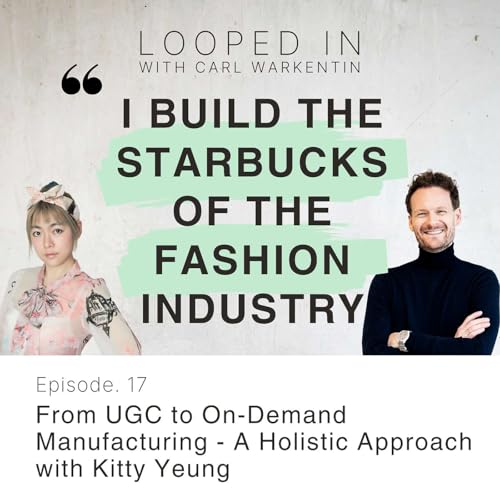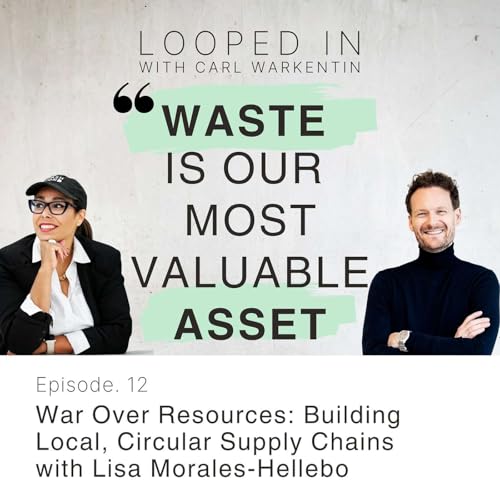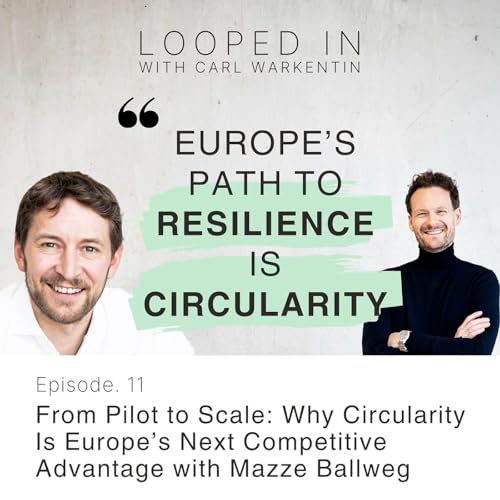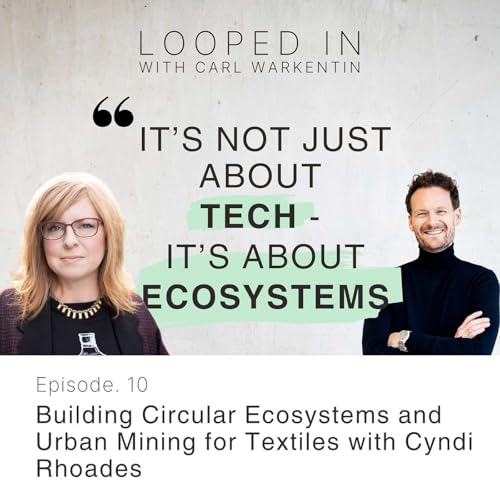What if the best-performing fashion ads never required shipping a single sample? We sit down with Kitty Young, founder of Wear It AI, to explore how hyper-realistic virtual try-on turns everyday photos into high-converting product content—then feeds those signals back into a smarter, cleaner supply chain. Kitty shares how brands can swap expensive, unpredictable influencer campaigns for scaled UGC, where micro and nano creators generate themselves in your styles in minutes and get paid on performance, engagement, and remixes. The content looks like real life—true bodies, true fits, brand-correct styling—because trust sells better than filters.
The conversation goes beyond marketing. Kitty maps a practical route to on-demand production: use AI to see what people actually want, connect those preferences to 3D simulation, image-to-pattern generation, and local microfactories, and produce with MOQ of one. We talk digital printing, laser cutting, alternative bonding, and the stubborn realities of sewing automation. The goal isn’t hype; it’s a measurable drop in waste and lead time, with fewer missed bets and a faster path from try-on to delivery. Think Starbucks for apparel: proven silhouettes, seasonal specials, and personalization on fit, fabric, and print—served within hours to days.
With a background in physics and stints in quantum computing, Kitty brings a systems mindset to fashion tech. We unpack how shoppable UGC, body-accurate avatars, and integrated tooling can make stores feel like studios and social feeds feel like showrooms. If you’re building for sustainable fashion, DTC growth, or retail innovation, you’ll find a blueprint here: everyone can be a model, many can be designers, and brands can finally match demand with supply in real time.
Enjoyed the conversation? Follow, share with a colleague who obsesses over on-demand, and leave a quick review with your favorite insight so we can bring more voices like Kitty’s to the mic.
Contact Us
This is interactive content - send us your questions to the guests and we record another session just focusing on your questions!
You have suggestions for new guests or want to sponsor the show?
- Contact Carl via LinkedIn
Thanks for listening and keep podcasting!
 48 分
48 分 50 分
50 分 46 分
46 分 44 分
44 分 37 分
37 分 56 分
56 分 2025/08/1132 分
2025/08/1132 分 43 分
43 分
